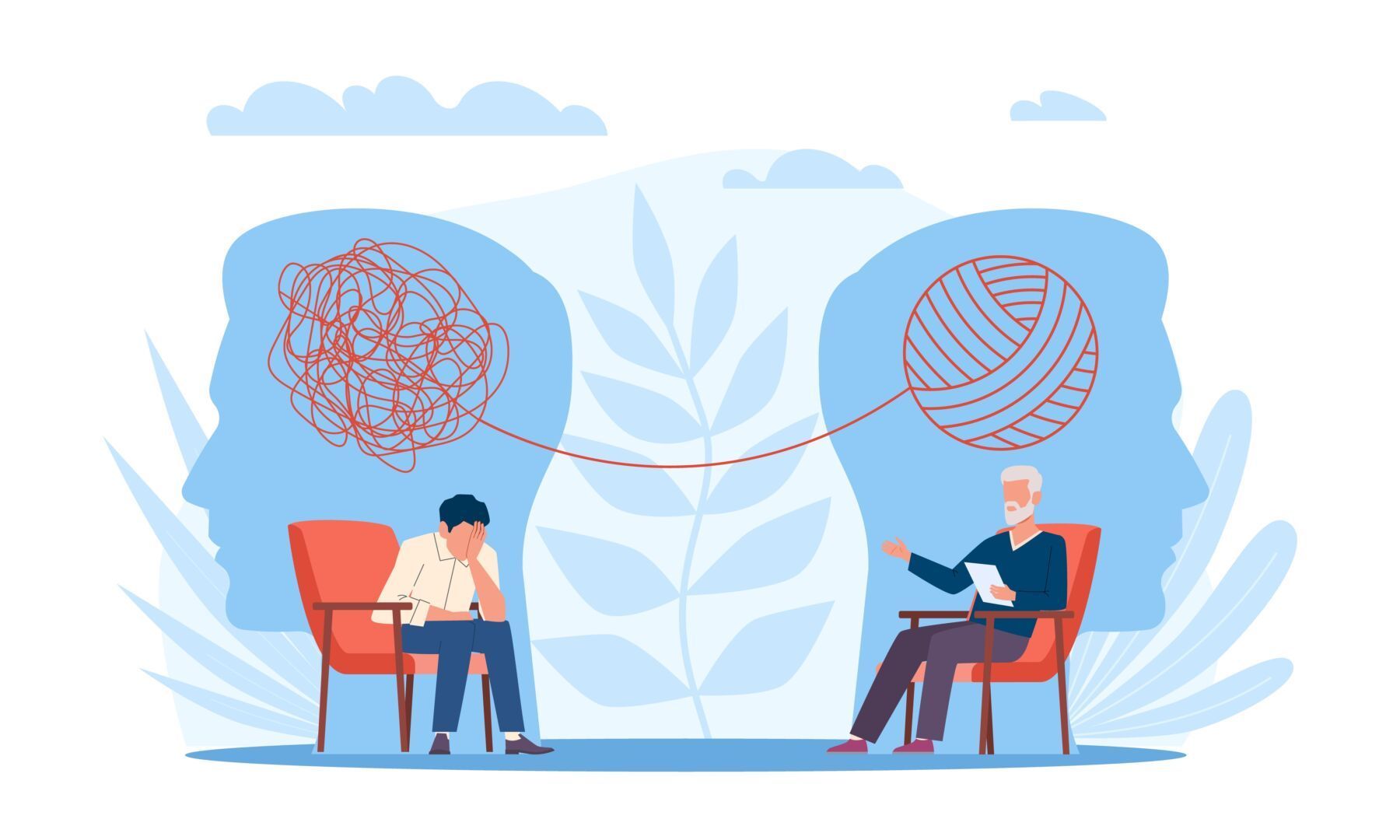What Is an Attachment Style? An attachment style refers to the patterns of behavior and emotional bonds people develop, usually starting in childhood, that influence how they interact with relationships as adults. Your attachment style is shaped by how responsive, nurturing, and emotionally available your caregivers were during your early years. These patterns impact the way you connect with others in adulthood.
Attachment styles vary based on individual experiences, and it’s important to note that you may identify with more than one style. There are four main attachment styles, each with its own characteristics and levels:
1. Avoidant Attachment Style
Also known as the dismissive attachment style, this occurs when individuals avoid close relationships and have difficulty expressing emotions. This style typically develops when caregivers were emotionally unavailable during childhood.
Levels of Avoidant Attachment:
Extreme: Unlikely to seek close relationships. You may see partners as objects rather than individuals with emotional needs. Emotional awareness is limited or absent.
High: Able to form relationships but struggle to identify or express emotions. You may over-rationalize feelings and find others’ emotions confusing.
Moderate: Aware of emotions but feel shame about expressing them. Childhood experiences are often viewed through “rose-colored glasses,” minimizing any negative aspects.
Mild: You understand emotions and recognize how your attachment style influences your relationships.
2. Anxious Attachment Style
Also called the preoccupied attachment style, this is characterized by a strong need for close relationships and a tendency to become a "people pleaser." This style often develops when caregivers were inconsistent in meeting emotional needs.
Levels of Anxious Attachment:
Extreme: Prone to excessive talking and emotional outbursts. May feel stuck in a victim mindset.
High: Aware of contributing to problems but struggle to trust others fully. You may frequently worry about being abandoned.
Moderate: Can verbalize emotions effectively but still experience conflicts.
Mild: Better equipped to self-soothe and communicate feelings, fostering healthier relationships.
3. Disorganized Attachment Style
Also known as the fearful attachment style, this style is marked by confusion in relationships. You may desire closeness but simultaneously fear it due to past trauma or abuse.
Levels of Disorganized Attachment:
Extreme: Difficulty functioning daily, unpredictable behavior, and fears of rejection.
High: Struggles with emotional regulation and dissociation, leading to unstable relationships.
Moderate: Beginning to set boundaries and process trauma with support.
Mild: Improved emotional reactions and greater ability to seek help and communicate effectively.
4. Secure Attachment Style
The secure attachment style is the healthiest. It develops when caregivers are consistent, responsive, and emotionally available. People with this style feel comfortable with intimacy, trust others easily, and establish clear boundaries.
Levels of Secure Attachment:
Extreme: A role model for healthy relationships, effortlessly fostering trust and emotional resilience.
High: Confident in creating deep connections and showing empathy while maintaining emotional balance.
Moderate: Comfortable expressing emotions and managing conflict, with consistent trust in others.
Mild: Able to set boundaries but occasionally need reassurance or struggle with self-doubt.
Can Your Attachment Style Change?
Your attachment style isn’t set in stone! It’s common to experience different styles in different relationships. With the right tools, therapy, and self-awareness, you can work toward healthier relationships.
How to Help Yourself
Here are some strategies to work on improving your relationships based on your attachment style:
Avoidant Attachment Style:
Increase self-awareness: Practice journaling or mindfulness to identify triggers.
Practice vulnerability: Share small, meaningful details with trusted individuals.
Improve communication: Use active listening and express emotions assertively.
Anxious Attachment Style:
Set healthy boundaries: Define limits to protect your emotional well-being.
Prioritize self-care: Engage in activities that boost your self-esteem and reduce anxiety.
Build trust: Recognize unhelpful behaviors and work toward consistency in relationships.
Disorganized Attachment Style:
Communicate effectively: Speak calmly and kindly to express your needs.
Monitor your tone: Use a compassionate tone when discussing sensitive topics.
Take personal space: Reflect and regulate emotions before engaging in discussions.
Need Help with Your Relationships?
Understanding your attachment style is a key step toward building better connections. If these tips don’t work for you, consider searching for counseling near me to receive personalized support in your area. If you are a Virginia resident or local to our offices in Wise or Abingdon, Virginia, Anchoring Hope Counseling specializes in helping individuals improve their relationships and overcome past challenges.
Start Your Journey Today!













